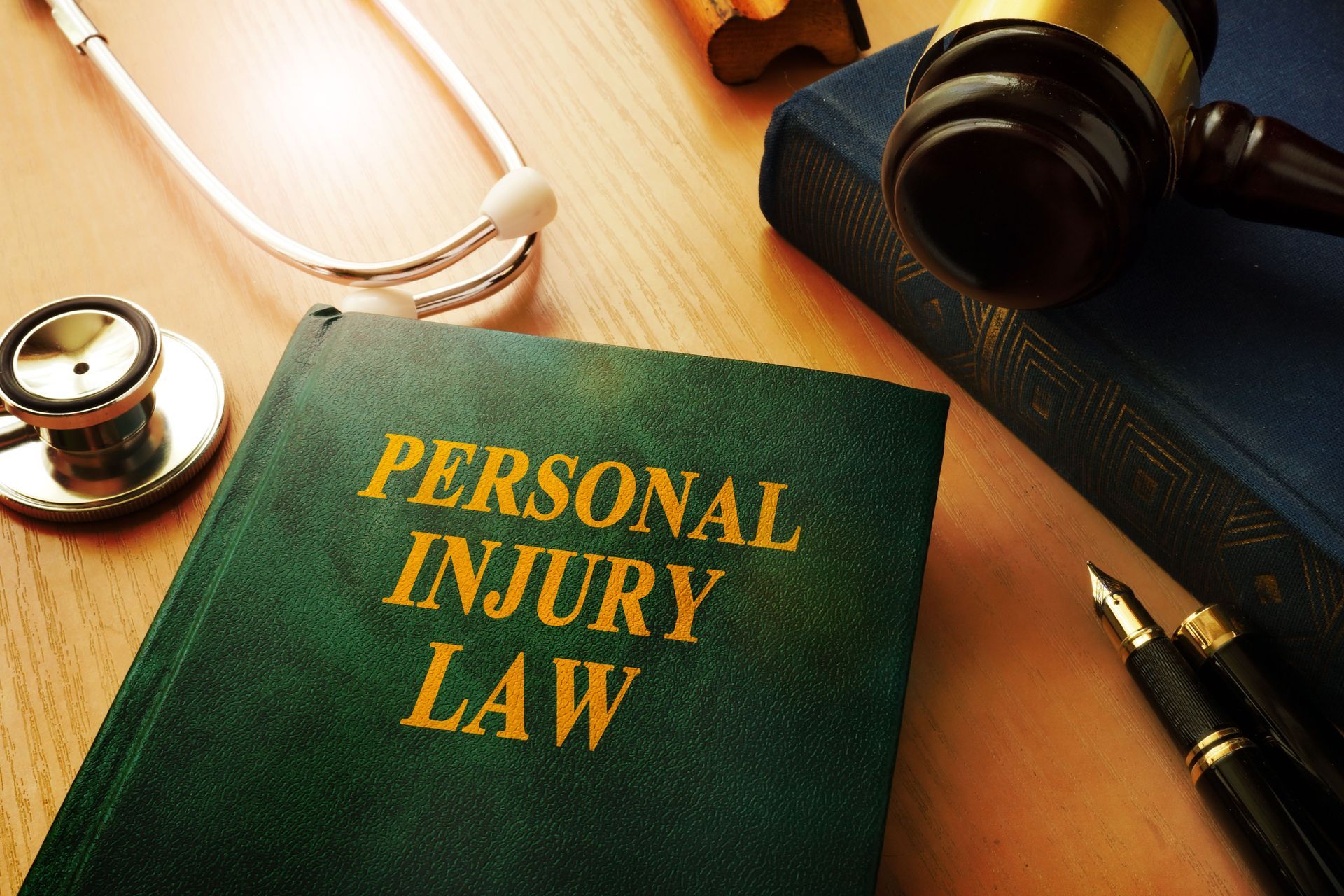September 5, 2025
In the wake of an accident or personal injury, navigating the legal landscape for compensation can be daunting. Hiring a personal injury attorney can significantly influence the outcome of your claim. This article provides a detailed overview of what you can expect during the process, from your initial consultation to the resolution of your case.
Initial Consultation
During the initial consultation, your personal injury attorney will conduct a thorough evaluation of your case. This step involves understanding the nuances of the accident and determining the potential for success in pursuing a claim. The attorney will ask questions about the incident, injuries sustained, and the circumstances surrounding the injury. A well-documented summary of these details aids both you and your attorney in building a strong case. Clear communication and transparency during this stage are vital for setting realistic expectations.
Understanding contingency fees is another crucial aspect of the consultation. Most personal injury attorneys operate on a contingency fee basis, meaning they only get paid if you win your case. This arrangement places the financial burden on the attorney to deliver a successful outcome. It’s important to clarify the percentage they will take from a settlement or award. Knowing this information upfront helps avoid surprises about fees and ensures you are comfortable with the financial terms of representation.
Gathering necessary documentation is also an integral part of the initial consultation phase. This includes obtaining police reports, medical records, and any photographic evidence relevant to the injury. According to NSC.org, about one in five people, or 62 million individuals, sought medical attention for an injury. As such, having detailed medical documentation is crucial for supporting your claim. Additionally, establishing a client-attorney relationship based on trust and open dialogue is foundational for a successful partnership.
The Role of Personal Injury Attorneys
Personal injury attorneys play a vital role in providing legal expertise and advice. Their knowledge of personal injury law helps you navigate complex legal systems and ensures your claim is filed correctly and promptly. Attorneys also offer insights into potential challenges and what to expect during different stages of the legal process. Their experience helps identify the strengths and weaknesses of your case, allowing for more strategic planning. Leveraging their expertise can significantly influence the potential for a successful outcome.
An additional responsibility of personal injury attorneys is investigating and gathering evidence. This includes conducting interviews with witnesses, consulting with experts, and collecting evidence crucial to substantiating your claim. A detailed and thorough investigation can make or break a personal injury case. The attorney’s ability to gather and present compelling evidence is a cornerstone of building a strong case. Their resources and connections can also aid in accessing useful evidence that might not be readily available to you.
Negotiating with insurance companies is another significant function of personal injury attorneys. Insurance adjusters aim to minimize payouts, so having a knowledgeable attorney can shield you from being shortchanged. Attorneys use their skills to negotiate fair settlements and ensure your rights are protected. They also prepare for litigation if negotiations do not result in a satisfactory outcome. Throughout this process, they provide emotional support and guidance, helping you navigate the emotional toll of legal proceedings.
Important Qualities to Look For
When hiring a personal injury attorney, experience and a proven track record are crucial qualities to consider. An experienced attorney is more likely to have handled cases similar to yours, providing insight into potential challenges and how to overcome them. Look for an attorney who has successfully managed numerous cases and can provide references or testimonials. Their track record can give you confidence in their ability to handle your case effectively. Experience not only indicates skill but also a deep understanding of the intricacies involved in personal injury law.
Communication skills are another important quality in a personal injury attorney. Attorneys who communicate clearly and effectively ensure you understand every aspect of your case. They should be able to break down complex legal jargon into understandable language. Effective communication between you and your attorney fosters a stronger client-attorney relationship. This not only helps in setting realistic expectations but also ensures you are kept in the loop throughout the entire process.
Availability and responsiveness are also critical attributes to seek in an attorney. An attorney who is accessible and responds promptly to your queries shows a commitment to your case. They should be willing to dedicate time to address your concerns and keep you updated on any developments. This level of commitment reflects on their dedication and interest in achieving the best possible outcome for your claim. An attorney who makes you a priority is more likely to invest the necessary time and resources into your case.
The Litigation Process
The litigation process begins with filing the lawsuit. This official step sets the wheels of the legal process in motion. Your personal injury attorneys will draft the necessary documents, ensuring they meet all legal requirements and are filed within the statute of limitations. Proper filing is crucial to preserving your right to seek compensation. Once filed, the opposing party will be notified, leading to the start of the discovery phase.
During discovery and depositions, both parties exchange information pertinent to the case. This phase involves depositions, witness testimonies, and the collection of evidence that may support your claims. Your attorney will work to fortify your position by gathering as much favorable information as possible. Depositions are crucial as they may reveal inconsistencies in the opposing party’s narrative. This step often sets the stage for potential settlement discussions or further strengthens your case if it proceeds to trial.
The subsequent steps include pre-trial motions and the trial process itself. Here, attorneys file motions that may affect the admission of certain pieces of evidence or even request the dismissal of the case. If the case goes to trial, both parties will present their arguments before a judge or jury. Your attorney will advocate on your behalf, striving to prove the validity of your claims. Once the trial concludes, a verdict is delivered, and there may be an option for appeal if necessary.
Expected Timelines and Resolutions
Various factors influence the duration of a personal injury case. The complexity of the case, the extent of your injuries, and the willingness of both parties to negotiate can all affect how long a claim takes to resolve. Your attorney will provide a general timeline based on their experience, but it’s important to remain flexible and prepared for unexpected delays. Although some cases settle quickly, others may stretch out over months or years. Being patient and understanding the factors at play can help you manage expectations.
The decision between settling a case and going to trial also impacts the timeline and resolution of personal injury claims. Settlements often provide quicker resolutions with less uncertainty, while trials can offer a larger compensation amount but take longer. Attorneys will guide you in weighing these options based on the strengths of your case and your personal preferences. Ultimately, the goal is to maximize your compensation while minimizing time and emotional stress.
Hiring a personal injury attorney can make a significant difference in the outcome of your claim. Contact the Law Office of Chet Zawalich today to work with our personal injury attorneys .









